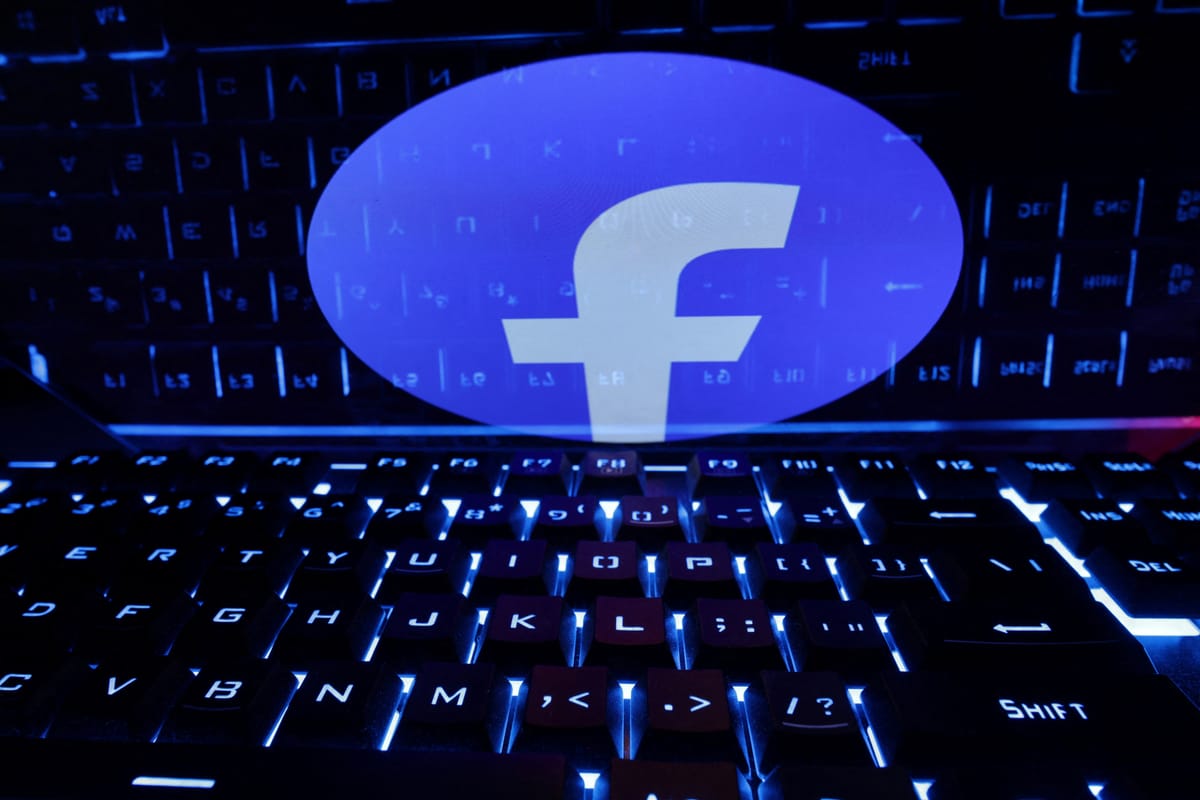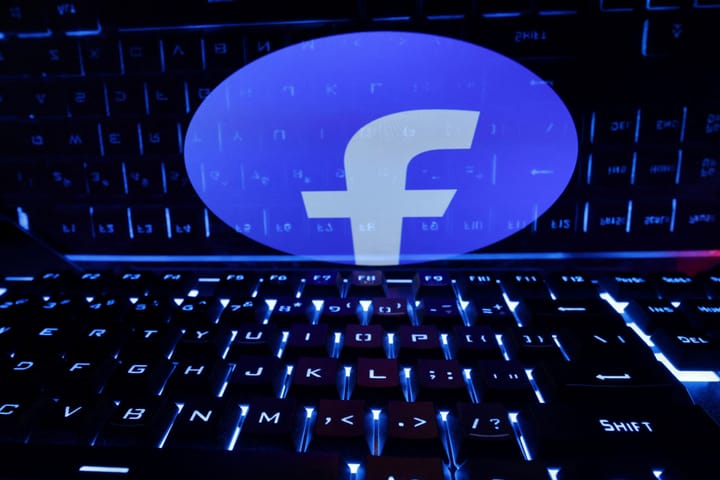Germany's Digital Tax Talk: Will It Happen?

So, get this. Germany's new digital folks are saying that if they slap a tax on online platforms, like the big ones, it's gotta be something everyone internationally agrees on. And, super important, they don't want it to make things cost more for us, the regular people buying stuff. This all came out on Friday and it kinda hints that maybe everyone in the government isn't totally on the same page about this whole tax idea.
Just the day before, the guy in charge of culture stuff, Wolfram Weimer, mentioned in an interview that people were working on a tax. He said it would hit platforms like Google and Facebook. He even tossed out a number, saying 10% seemed fair. He didn't really say if that was on how much money they made or how much profit they actually kept. Germany's main political parties did say earlier this year they'd think about putting in a digital tax, but it wasn't on their list of urgent things to get done. Officials had already said Weimer's plan wasn't totally agreed upon by the government yet.
A spokesperson for the digital ministry spilled the beans on what they think is key for this kind of tax. They said it needs to be focused, everyone internationally should be on board, it has to follow EU rules, any money it makes should help Germany be a cool spot for new ideas, and like we said before, it absolutely can't make things more expensive for regular customers.
This whole tax talk is happening right before Chancellor Friedrich Merz might head over to Washington to meet up with Donald Trump. It's not official yet, but knowing Trump, he's said before he won't let other countries take America's tax money for themselves.
The folks from the tech industry group Bitkom are already pretty worried. They warned that this tax could mean higher prices for businesses, government stuff, and us consumers. The head of Bitkom, Ralf Wintergerst, was pretty blunt about it. He said these price hikes would just slow down the really needed push to make government services and companies more digital. He feels like we need less financial pressure on online things, not more.


